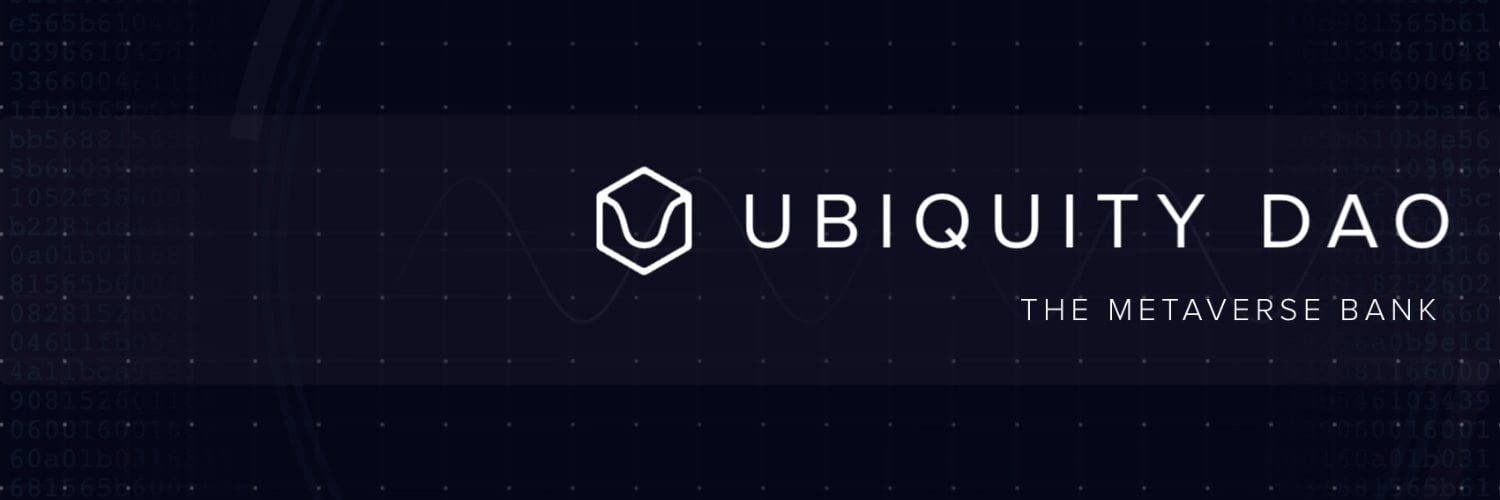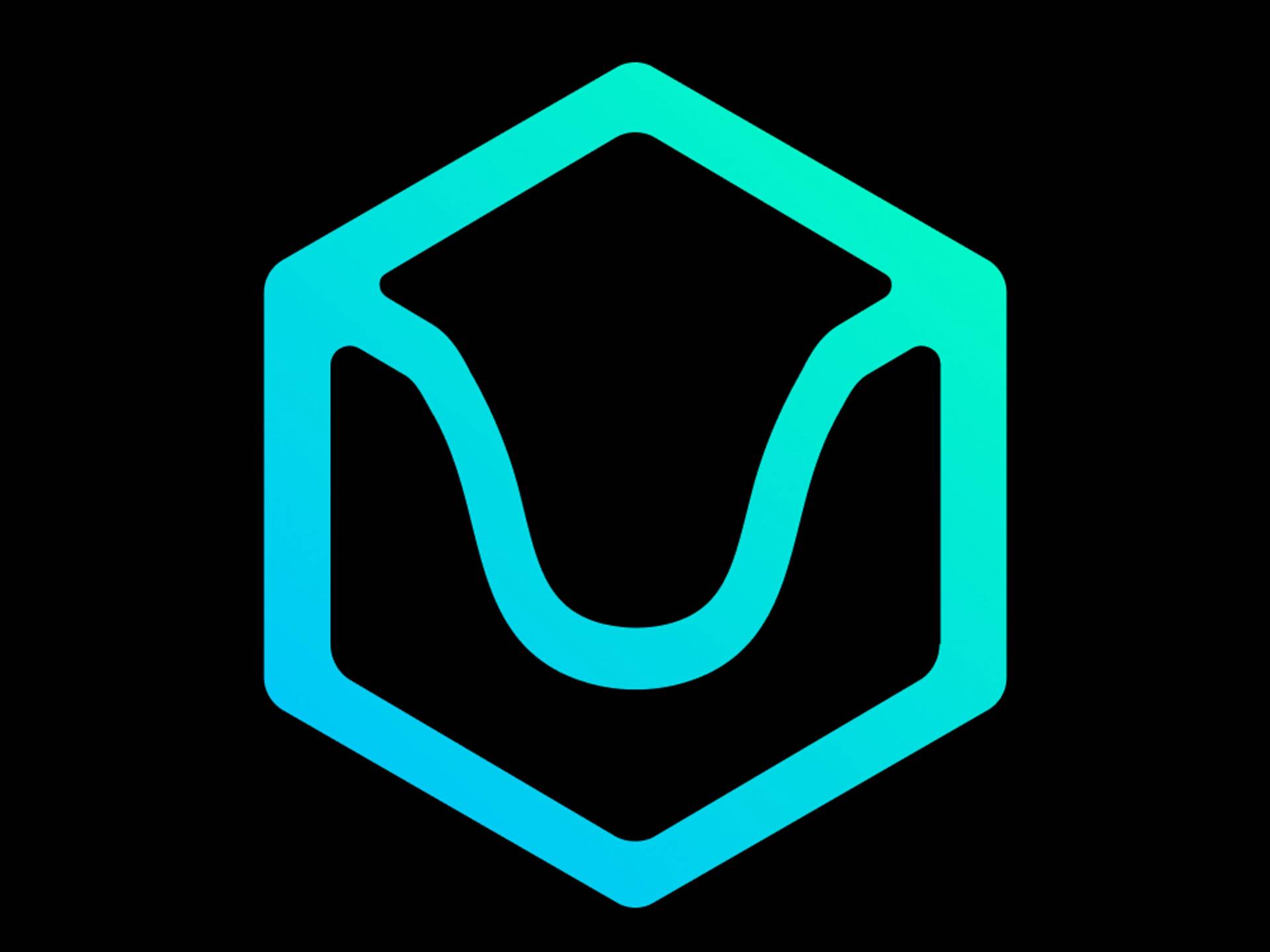위키 구독하기
Share wiki
Bookmark
Ubiquity DAO
0%
Ubiquity DAO
Ubiquity DAO는 탈중앙화 자율 조직으로, DAO의 효율성을 향상시키기 위한 오픈 소스 도구를 개발하여 메타버스의 은행 역할을 하는 것을 목표로 합니다.[1]

개요
Ubiquity DAO는 2020년 11월에 설립된 탈중앙화 자율 조직으로, 효율성을 향상시키고 오픈 소스 커리어 경로를 지원하도록 설계된 AI 기반 시스템인 UbiquityOS를 통해 DAO 운영을 강화하는 것을 목표로 합니다.
이 생태계에는 완료된 작업에 대한 즉각적인 보상 청구를 위한 이더리움 기반 스테이블코인인 Ubiquity Dollar (UUSD)가 포함되어 있으며, 접근성을 높이기 위해 Ubiquity Payment Cards를 통한 오프 램핑 옵션이 있습니다.[1][2][3][4]
생태계
UbiquityOS
UbiquityOS는 GitHub, 암호화폐 결제 및 기타 플랫폼과 통합하여 작업 관리 및 프로젝트 실행을 간소화하는 것을 목표로 하는 Ubiquity DAO에서 개발한 AI 기반 플랫폼입니다. 고급 AI 알고리즘을 사용하여 코딩 작업 정확도를 향상시키고, 일상적인 프로세스를 자동화하고, 직업 매칭을 지원하는 것을 목표로 합니다.
또한 UbiquityOS는 Telegram, Google Docs 및 Slack과 같은 플랫폼과 연결하여 작업 추적 및 탈중앙화된 협업을 촉진하여 기여자가 위치에 관계없이 안전하고 독립적으로 참여할 수 있도록 합니다.[6]
사용 사례
UbiquityOS는 다양한 사용자의 효율성을 향상시키는 것을 목표로 합니다.
- 개발자: 개발자의 기술에 맞는 작업을 매칭하고 재정적 인센티브를 제공하는 것을 목표로 합니다.
- 리포지토리 및 프로젝트 관리자: 관리 작업을 자동화하고 효율적인 작업 완료를 용이하게 하기 위해 작업 가격 책정을 가능하게 하는 것을 목표로 합니다.
- 개발자: 보상이 있는 선호하는 프로젝트에서 작업할 수 있는 기회를 제공하고 GitHub 평판 시스템을 도입할 계획입니다.
- DAO: AI를 활용하여 작업 할당을 간소화하고 전반적인 조직 효율성을 향상시킵니다.[14]
Ubiquity DevPool
Ubiquity DevPool은 DAO 내에서 공유 인재 풀 역할을 하여 개발자를 파트너 조직 전체의 작업과 연결하는 것을 목표로 합니다. 이 시스템은 GitHub 및 Telegram에서 작동하지만 파트너 요구 사항을 해결하기 위해 특정 인터페이스로 사용자 정의할 수 있습니다. 개발자는 풀 요청을 열어 작업을 자체 할당할 수 있습니다.
참여하려면 devpool.directory에서 작업을 찾고, 첫 번째 작업에 "/wallet <지갑 주소>"를 댓글로 달아 지불을 위해 지갑을 등록하고, "/start"를 댓글로 달아 후속 작업을 시작할 수 있습니다. 개발자는 리포지토리를 포크하고, 정기적으로 커밋하고, 검토를 위해 풀 요청을 제출해야 합니다. 각 작업이 성공적으로 완료되면 지불 링크가 발급됩니다.[6][15][16]
Ubiquity Cards
Ubiquity Cards는 Mastercard 및 Visa 네트워크 내에서 작동하여 사용자에게 UbiquityOS 수입을 쉽게 사용할 수 있도록 제공하는 것을 목표로 합니다. 이 카드는 Apple Pay, Google Pay 및 Samsung Pay와 호환되며 고객 알기 제도 (KYC) 확인 없이 최대 $1,000 USD의 잔액을 허용하여 기존 은행 업무가 없는 사용자의 개인 정보 보호 및 접근성을 지원합니다.
Ubiquity Governance Tokens (UBQ) 및 Ubiquity Dollars (UUSD)를 기반으로 한 잠재적 신용 시장을 평가하기 위한 연구가 진행 중입니다.[17]
UbiquityOS 브라우저 확장 프로그램
Ubiquity 브라우저 확장 프로그램은 보안 및 사용자 경험을 우선시하면서 클라이언트 측 관리 및 금융 도구를 개선하는 것을 목표로 합니다. GitHub와 같은 호환되는 웹사이트에 향상된 인터페이스를 오버레이하여 실시간 보상 지급 추정, Superintendent 채팅 상자 및 사용자 경험 (XP) 통계와 같은 기능을 제공합니다. 공개 베타 릴리스는 2025년 초에 예상됩니다.[2]
토큰노믹스
Ubiquity Dollar ($UUSD)
Ubiquity Dollar (UUSD)는 시장 주도 공급 조정을 통해 $1 페그를 유지하는 것을 목표로 하는 스테이블코인이며 95% 완전 담보화됩니다. UUSD 가격이 $1를 초과하면 사용자는 $1 상당의 LUSD (기본 담보)를 예치하고 새로 발행된 UUSD를 시장에서 판매하여 새로운 UUSD를 발행하도록 장려될 수 있으며, 이는 페그를 복원하는 데 도움이 되는 차익 거래 기회를 창출합니다. 반대로 UUSD 가격이 $1 미만으로 떨어지면 사용자는 공개 시장에서 UUSD를 할인된 가격으로 구매하고 $1 상당의 LUSD로 상환할 수 있으며, 이는 페그를 복원하는 차익 거래 기회를 제공합니다.[18]

$UBQ
UBQ 토큰은 Ubiquity DAO의 소유 지분을 나타내며 XP 계산과 함께 거버넌스 권한을 설정하는 기능을 목표로 합니다. DAO 이익의 일부는 시장에서 UBQ 토큰을 다시 구매하고 유동성을 제공하는 데 사용될 계획이며, 이는 자산 가격 상승에 기여할 수 있습니다.
또한 UBQ 토큰을 기반으로 한 신용 시스템을 개발하여 Ubiquity Cards와 통합되어 편리하게 사용할 수 있는 신용 시장을 조성할 계획입니다.[8]

잘못된 내용이 있나요?
